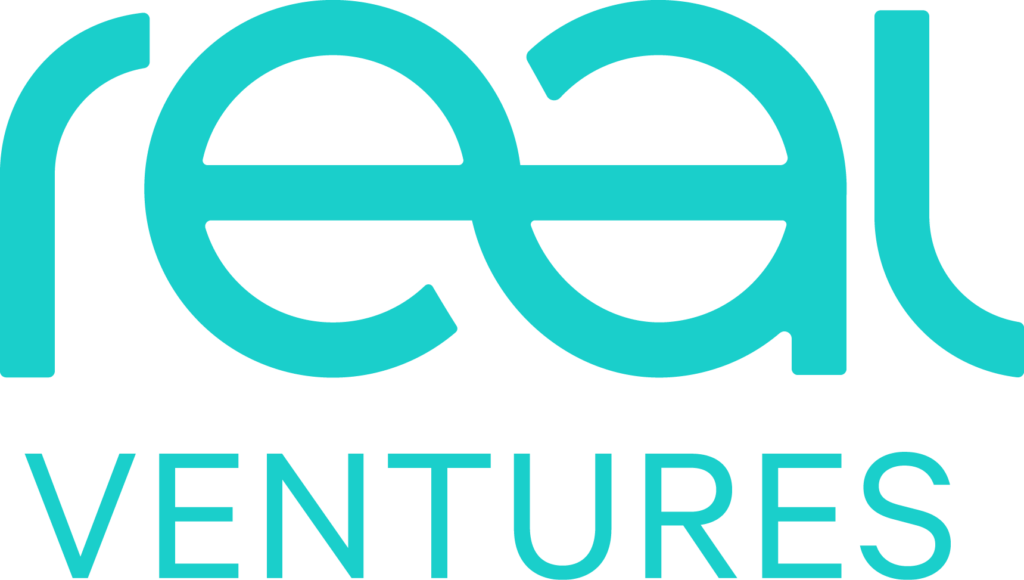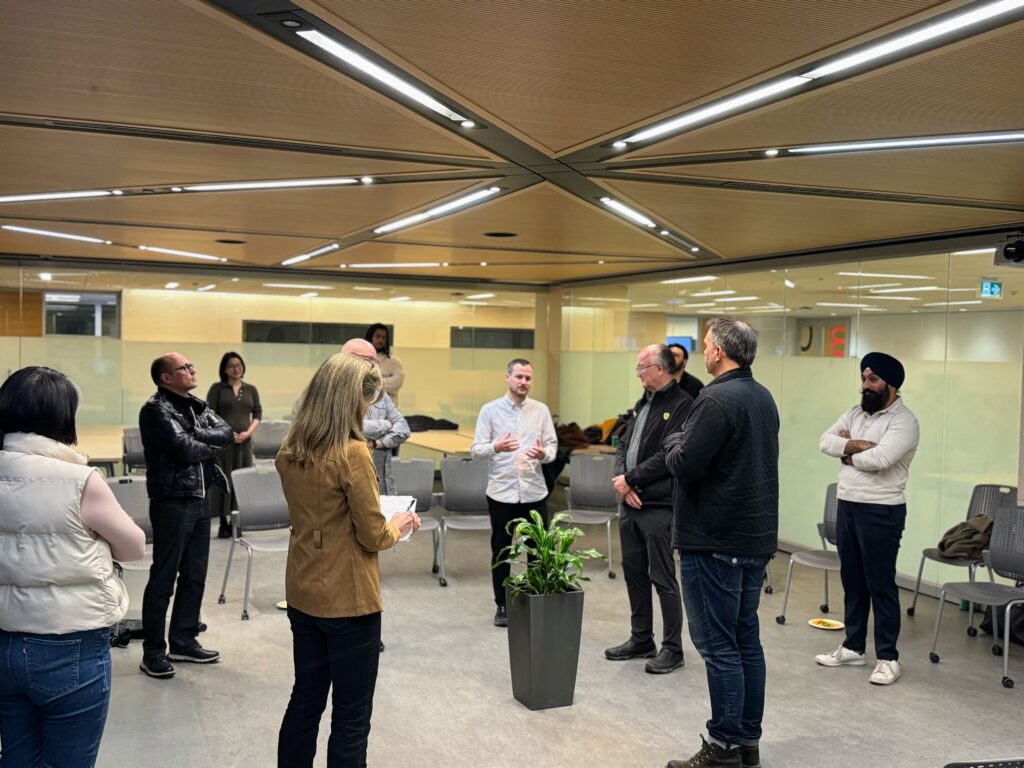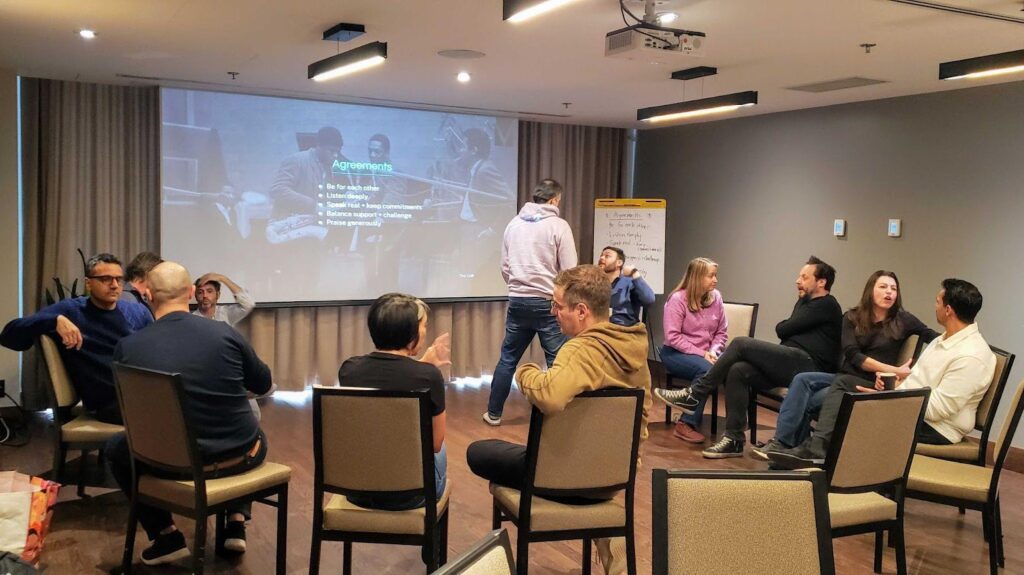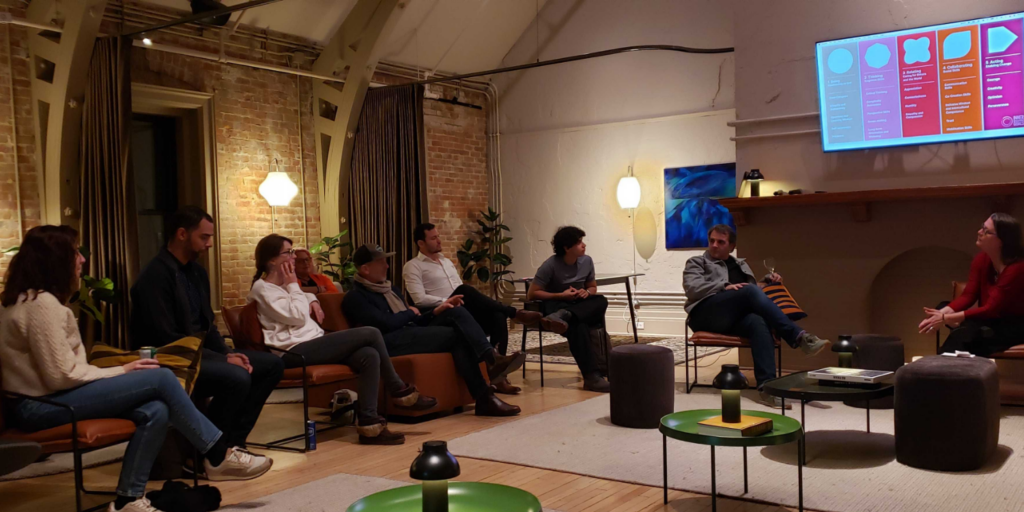In the past decade, Montreal’s startup ecosystem has gone from fledgling to a Canadian leader in startup investment. In 2017, Montreal saw a 64% increase in deals, with over $1 billion CAD invested in the city’s burgeoning startups. Four of the five biggest deals in Canada last year (totalling $592 million) were Quebec companies, highlighting the global ambition of the region’s entrepreneurs.
With the much-needed increase in venture capital funding, government programs and support for new entrepreneurs, plus a global competitive advantage in AI, the pieces have fallen into place for a proliferation of high impact companies. When Real Ventures announced our $180 million raise in November last year, we noted that as well as broadening our horizons and investing in later-stage companies across Canada, we continue to focus major energy — and a dedicated team — on our OrbitMTL strategy, which allocates $30 million in seed investment and hours of mentorship and support, to early-stage startups in Quebec.
To dig into why now is such a great time for tech entrepreneurship in Quebec, Sylvain Carle, one of the Real Partners on the Orbit team, spoke with two of our investors — Tom Birch, Managing Director, Quebec Funds & Technology with the Caisse de dépôt et placement du Québec (CDPQ), and Jacques Perreault, Associate Vice President, Technology investments at Desjardins Capital — about the state of the Quebec tech ecosystem, the opportunities for growth, and their view on what the province needs to continue building on this new momentum.
Sylvain Carle:
Let’s start with the current state of the Quebec tech ecosystem. Why is it a great time to be in this business together?
Jacques Perreault:
If you look back 10 years at the state of the VC industry in Montreal, it was basically a nuclear winter. Nobody was in the market. For tech companies, it was tough to get financing and I think Real was one of the first to come back and restart the startup community with its first fund [the Montréal Startup seed fund, raised in 2007]. It was a nice trigger to the ecosystem in Montreal and other funds followed: iNovia, Brightspark, Whitestar. That was the beginning of a positive cycle.
When I’m looking at the ecosystem today, we see a different kind of players — angels, VCs, institutional VCs, corporations. And the corporations now believe in technology and in the fact that we should invest in early-stage companies.
With the emergence of angel investors and corporations we are seeing more and more involvement — either by buying the technology or starting to invest in some of the startups here in Montreal, in Quebec and in Canada.
Tom Birch:
The Orbit investment fund is also very, very important because Real built the FounderFuel program — a way to coach entrepreneurs. Lots of people have great technology but they don’t know anything about sales, marketing, direct sales, indirect sales channels, online…. But these guys [at Real] get it: they have to coach all the entrepreneurs in Montreal, in Quebec, and eventually [the entrepreneurs will] start the first company, maybe create a liquidity event for Real Ventures, but then they’ll have a second at bat, and a third at bat and then they’ll have more and more chances themselves.
JP: That’s a big change: to see the ecosystem evolving with time and seeing more and more great projects. We didn’t see that ten years ago.
We’re also seeing a new generation of entrepreneurs — either first time or second-time entrepreneurs — coming into the market with realistic projects. They know the space, they know what they need to do. Some of the entrepreneurs made mistakes in the past but now they know what to do to create success.
TB: Another problem we had in Quebec ten years ago was if an entrepreneur could sell his company for 40 million bucks, they sold it. The VC funds were so small they wanted to create an early exit so they could go raise another fund. We were in this never-ending vicious cycle where people wanted to build a company and sell it; build a fund, make a bigger fund, and nobody was actually building for the long term.
SC: So now there’s more capital available for startups but there are way more startups too. Do you see that as one of the challenges for startups here in Quebec? What have you heard or seen that shows us the struggles of entrepreneurs?
JP: I see two holes. For seed investment, although we have players like Orbit/Real Ventures, I think we’re still missing players in that space. We are seeing angels, we have all kinds of accelerators and programs, but I don’t think we have all the financing needed at the beginning of the food chain for all of the tech startups. I think that’s the first challenge here. We should have a stronger financing structure at that point [in the cycle].
The other challenge is after companies have gone through seed financing, series A, series B and getting to series C — at this point I also see a lack of investors. Big institutions are only just starting to invest, but there’s still a big hole there. Sometimes the financing also comes from US-based VCs which is good, but it would be interesting to have more local players. US VCs come in and fund or acquire those companies and sometimes we are selling them too early.
TB: Exactly. In the case of Lightspeed, we [the CDPQ] went in and invested in their Series C round — roughly $32 million US, then two and a half years later there was an opportunity to take out Accel, which was a previous investor, and we put in $136 million US. It was very important for us because now the founder, Dax Dasilva, and his management team can take a five-year view of building out the company versus trying to create a liquidity event for an American investor.
We need to think bigger and that can only happen if we take a long view and invest in these companies for the long-term.
SC: When we were fundraising last year, our Partner, John Stokes, often said it’s year ten of a 20-year cycle. So what’s next? Anything we should be doing given those two gaps in the market?
JP: I think we are starting to see the ingredients: the accelerators, the investors, the government programs, corporations. What I think we are lacking here in Quebec — if I compare it, for example, to Toronto — is that we are working in silos. I don’t see a common view or a common strategy for what we should do next to make sure we’re able to build the leaders of tomorrow in terms of tech companies.
TB: In terms of building out the ecosystem, we also really need to invest in small early-stage VC funds to increase the size of the farm team. We have to make sure we have a minimum critical mass. The venture capital market in California is roughly 34 billion USD per year, in Tel Aviv it’s 3.2 billion US per year. Israel has roughly the same population as the province of Quebec, and Quebec is roughly 500 million US a year.
The only way for us to create more success is to start more companies and get more bats and create more opportunities to create the next Google of AI or Google of IoT, but if we don’t have enough at bat, we won’t have the chance to succeed.
I also believe that 25 years ago we had a world competitive advantage with respect to telecom software, which turned into fibre optic technologies and semiconductors that associate with fibre optic technologies, and we haven’t had a competitive advantage in any other technological field until now.
Having the opportunity to work with Yoshua Bengio, the founder of MILA (Quebec’s AI institute) we’re going to actually have a chance to build up the critical mass in AI. One of Real Ventures’ investments, Element AI, will be in the same building, as well as other Montreal VC-backed big data scale-ups and start-ups.
Within three years, we’ll have 5,000 AI knowledge workers in two blocks in Montreal, and for me that’s minimum critical mass.
So now VC funds are starting to come to Montreal to invest in our ecosystem, so that means we’re going to develop more and more companies in Montreal that want to stay in Montreal even when they create a liquidity event. They’re going to want to stay here and build other companies, so in terms of world sustainable competitive advantage, I think with AI we finally have a chance to do it.
It’s weird because when the Internet was founded in 1992, everyone was investing crazily. In 1997 to 2000, it was like the wild wild west. But now, I actually believe the wild west is just starting because we have all of the fundamental technologies available today, we have the foundations and it’s going faster.
We now have the people to manage the technology evolution, and you throw AI in there and I think in the next ten years we’re going to see such massive technology growth that we’re in the right place at the right time.
SC: Any closing comments?
TB: I’m excited to be in Montreal. Quebec is taking a strategic approach to creating long-term value by investing in innovation. That’s really key: we’re selectively investing in AI and 5G — which are key enablers of IoT — and investment in innovation will drive the rest of the economy. We have a great quality of life and some of the world’s best technologies, so I think we’re sitting in a nice position.
JP: For me, what you’re building — Orbit, Real Ventures, FounderFuel — is one of the catalysts of the Quebec ecosystem. Because of your reach, the number of companies you’re seeing, the intelligence you’re able to get with those companies, all of your co-investors, your LPs — you’re playing a very important role in the market. At Desjardins, we have the same philosophy and yes, we want to make a return but we also want to build something that’s sustainable. It’s very important and it’s part of our DNA but we’re also looking for partners with the same views. We want to build the leaders of tomorrow and there’s only one way: we have to be patient, work closely with the companies and make sure that everyone in the ecosystem is aligned and has the same goals.
This interview has been condensed and edited for clarity.
**********
For more on our thoughts about how to scale your startup, sign up for our newsletter and follow us on Twitter, LinkedIn, and Facebook.




